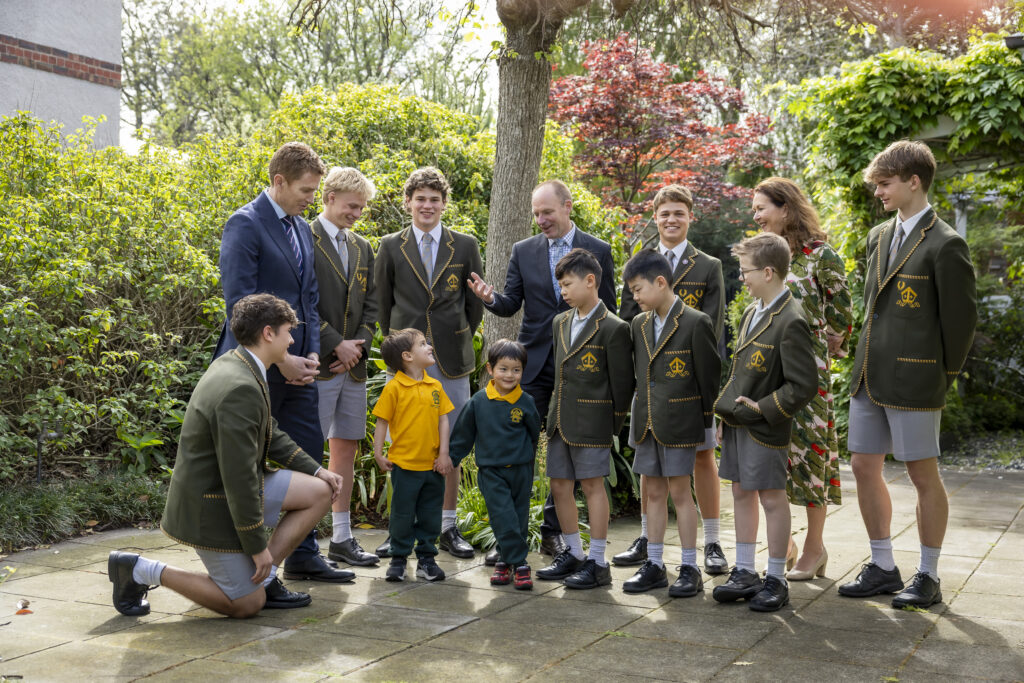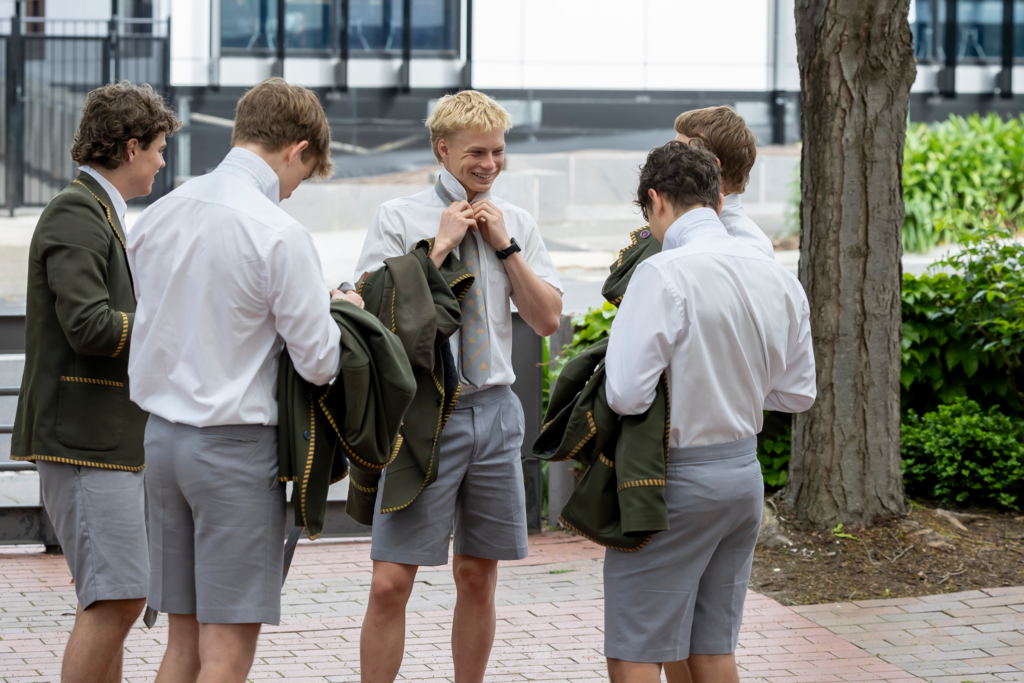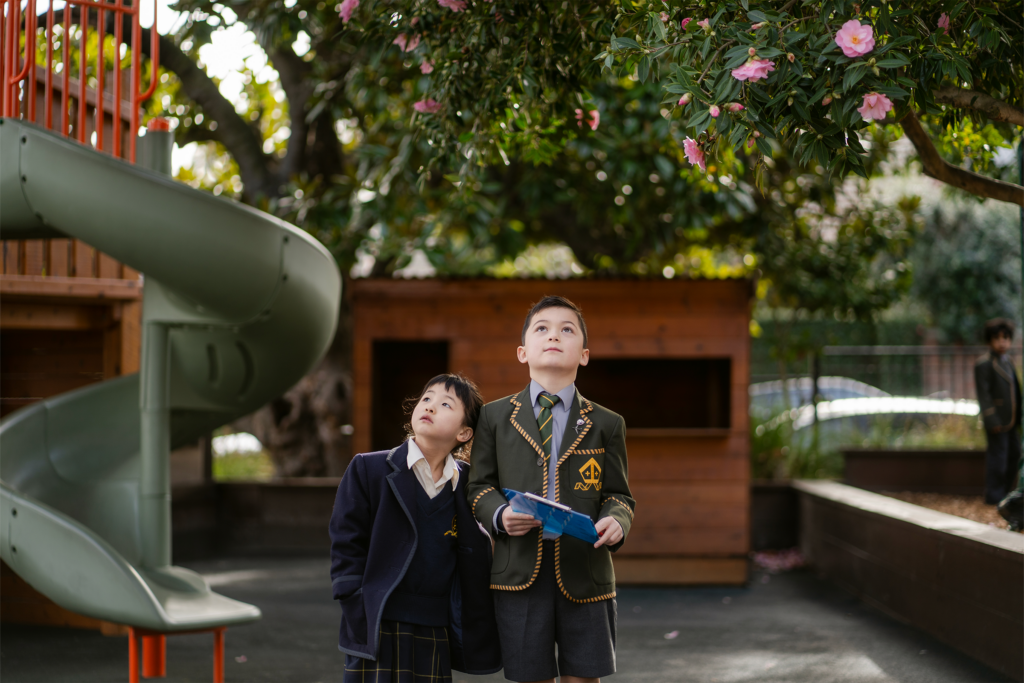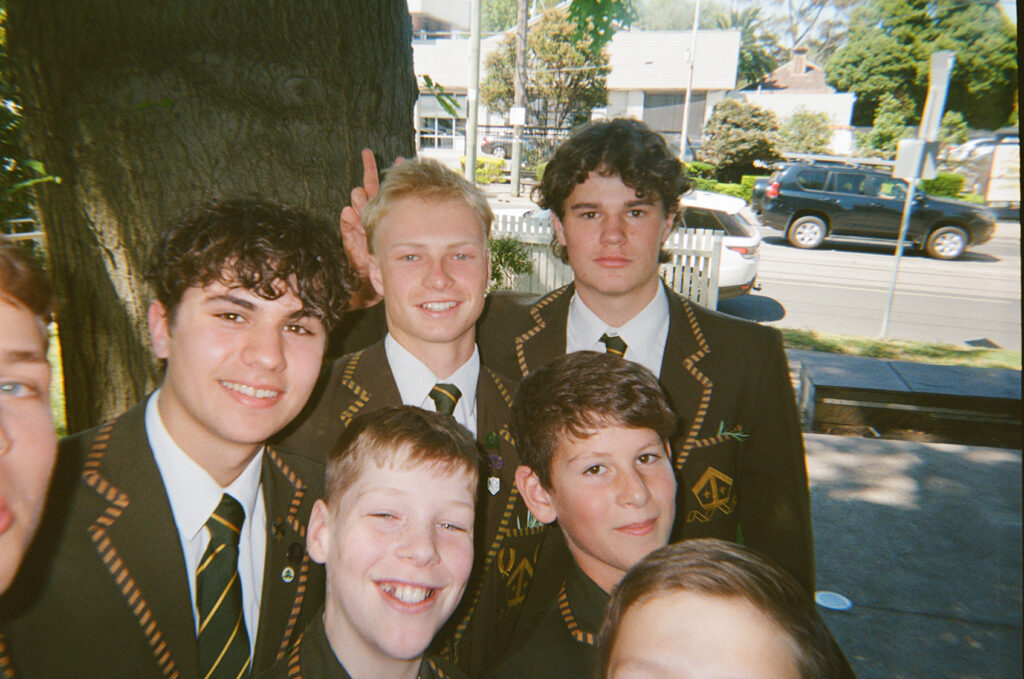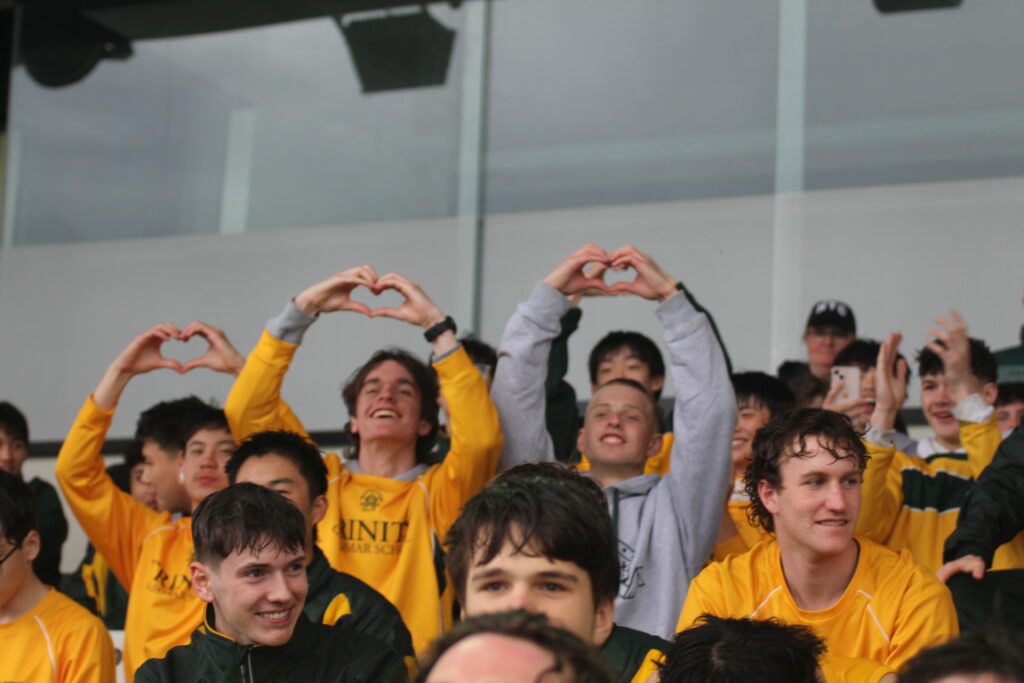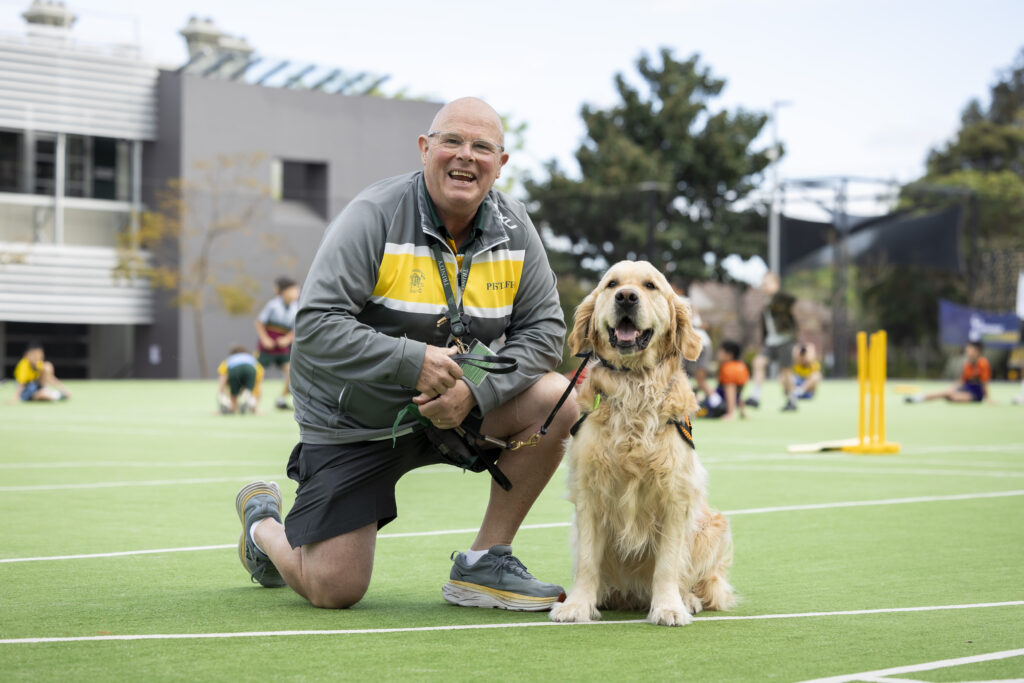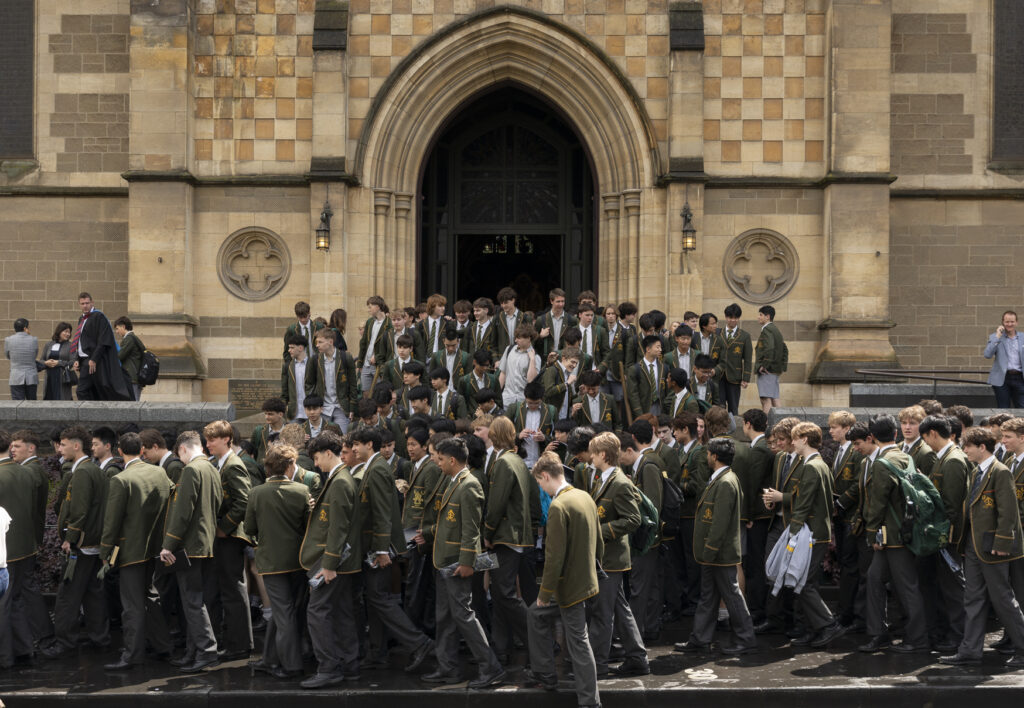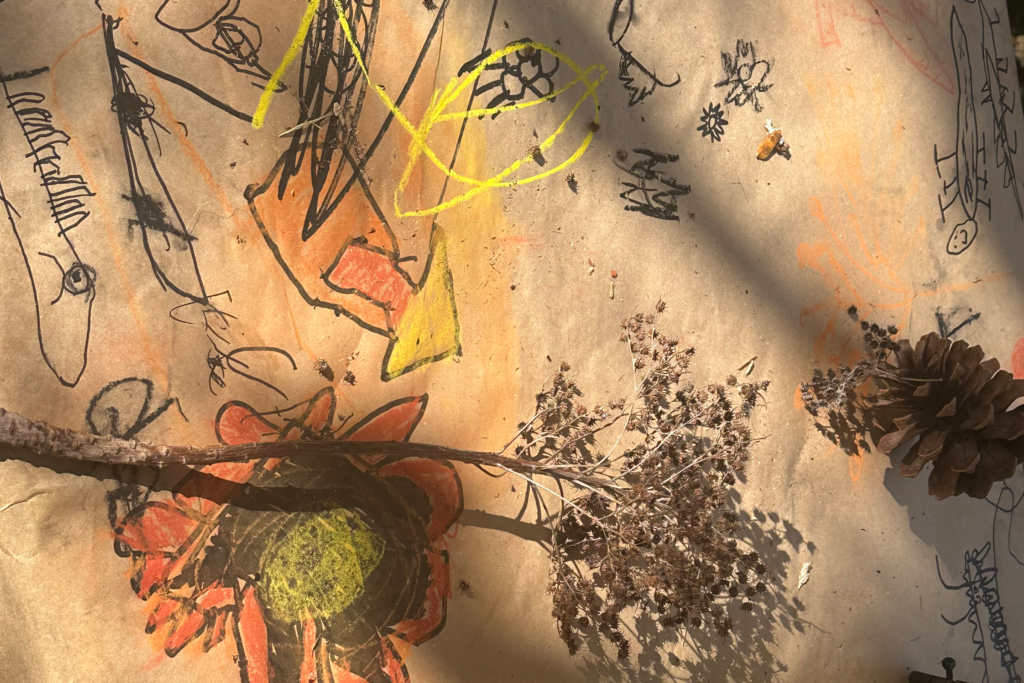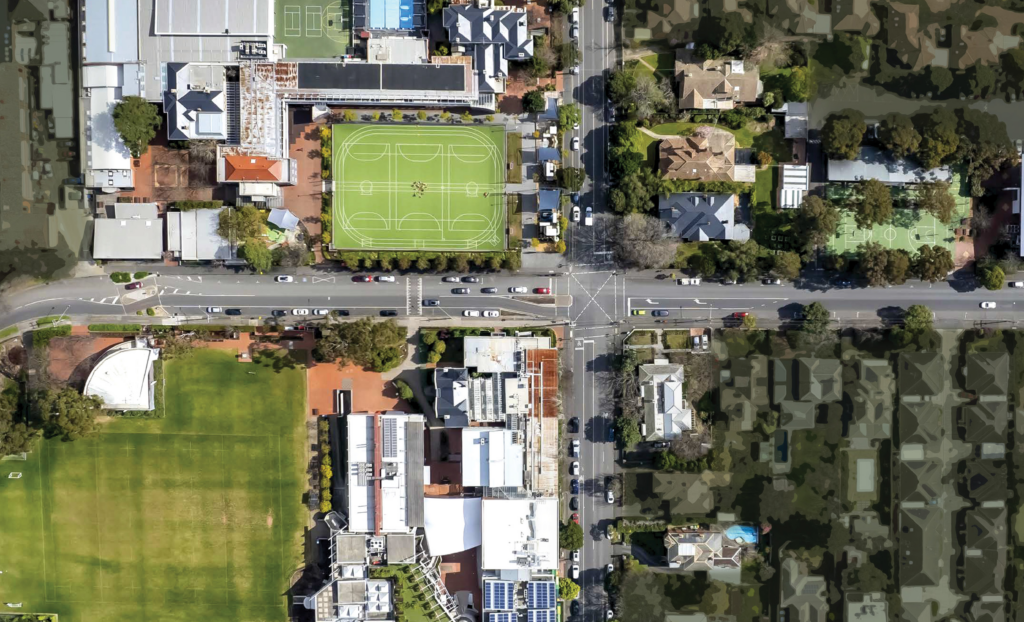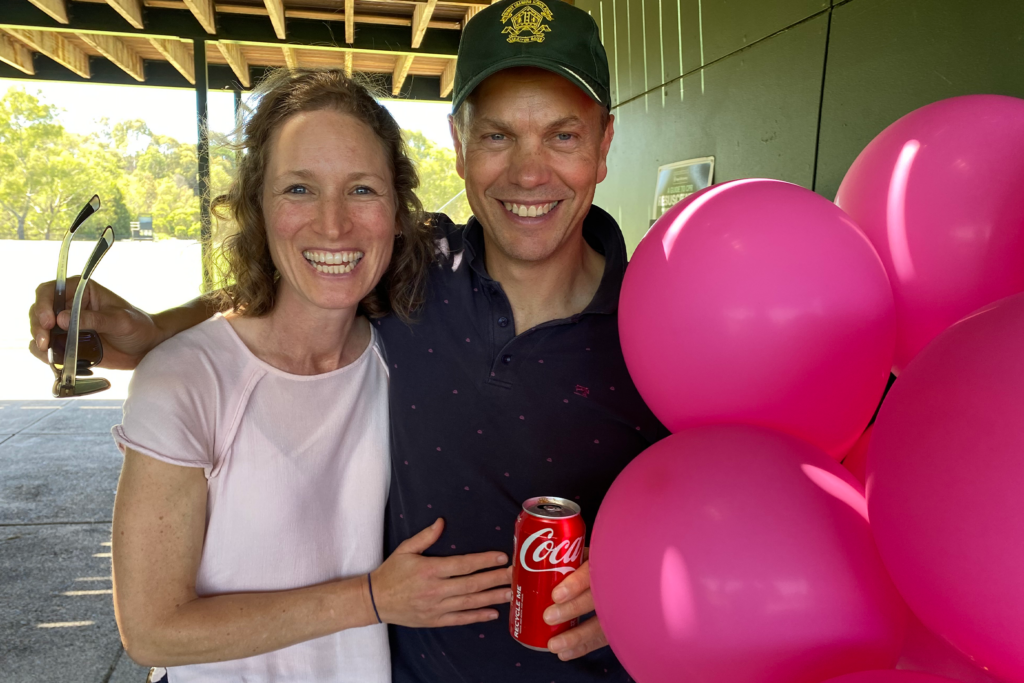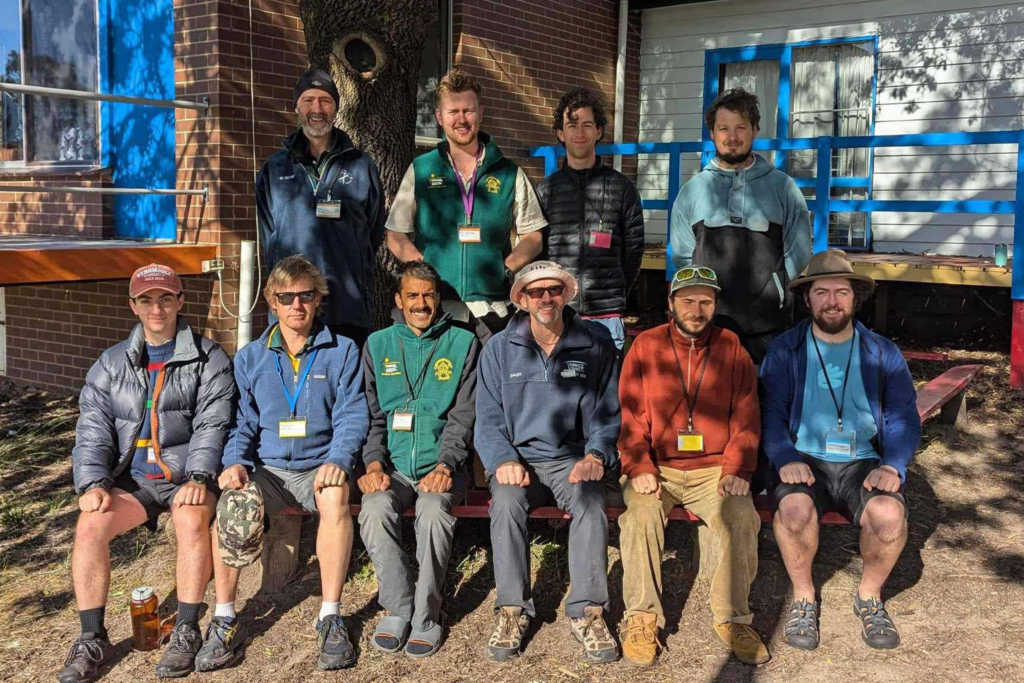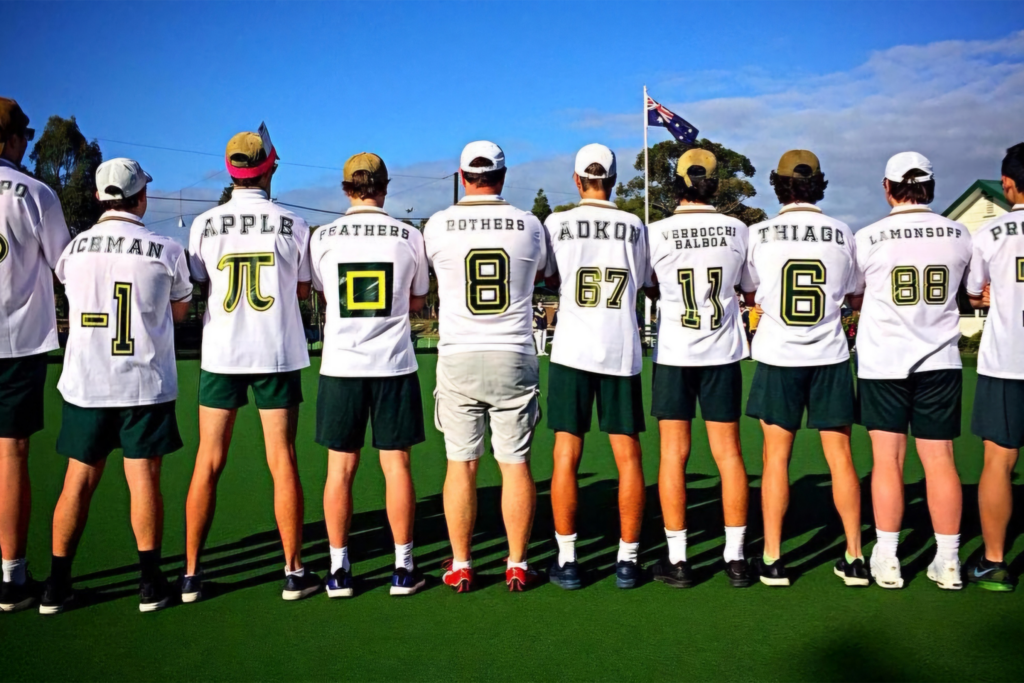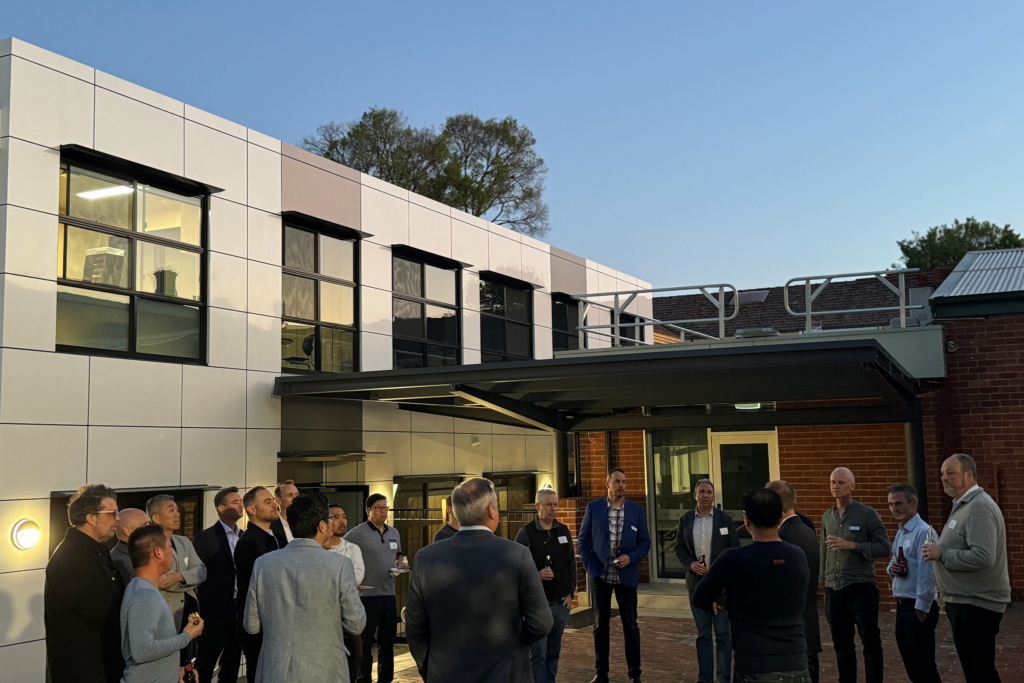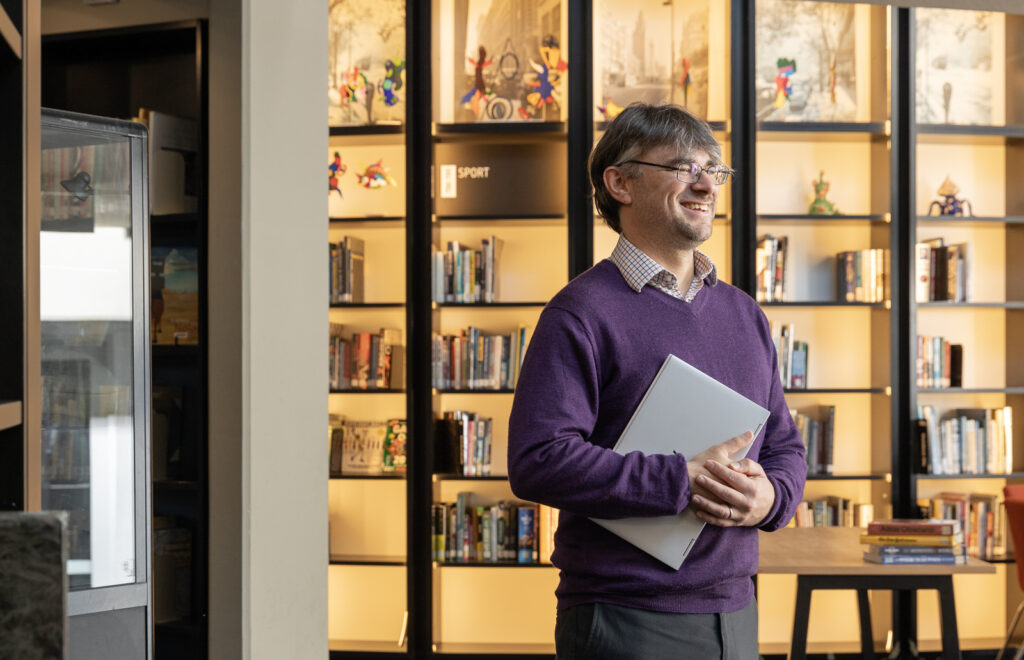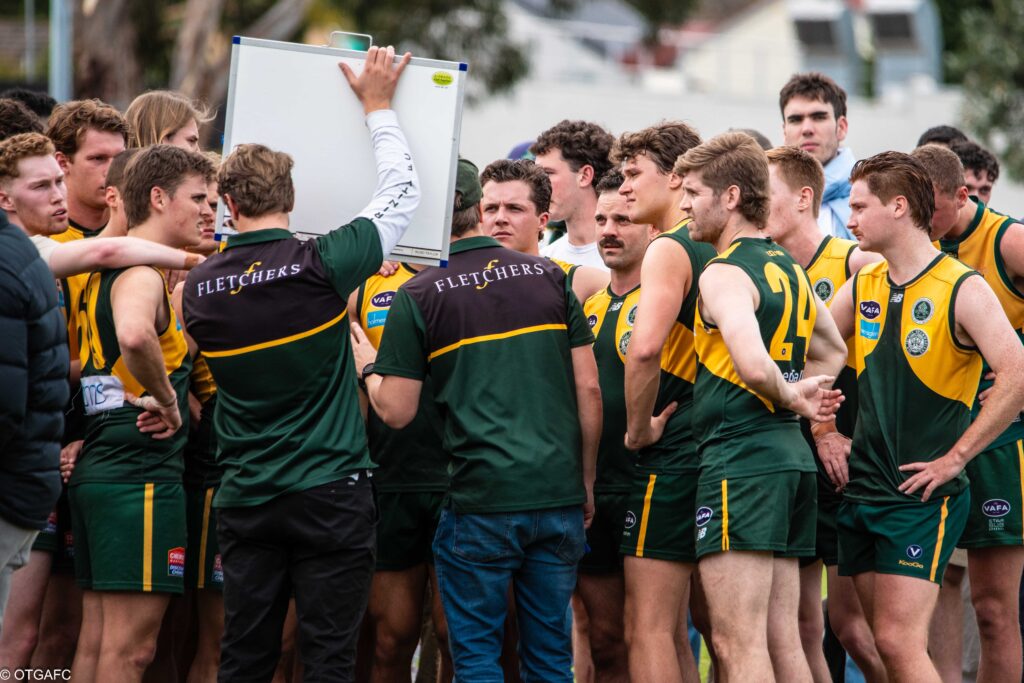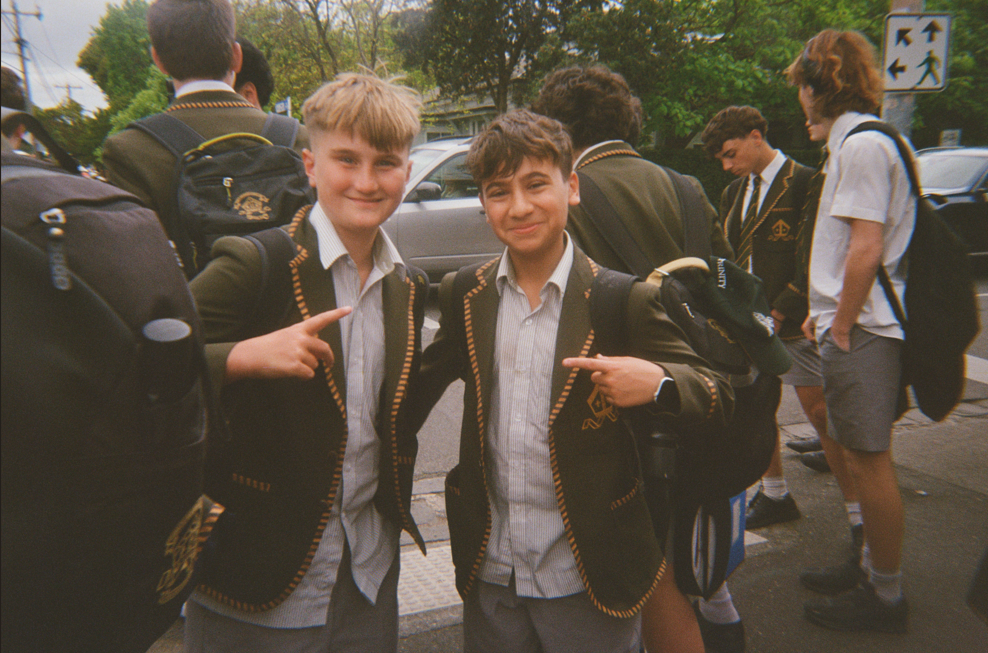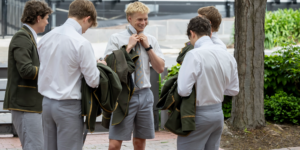- Summer 2024
- |
- From the Principal
From the Principal
Adrian Farrer, Principal
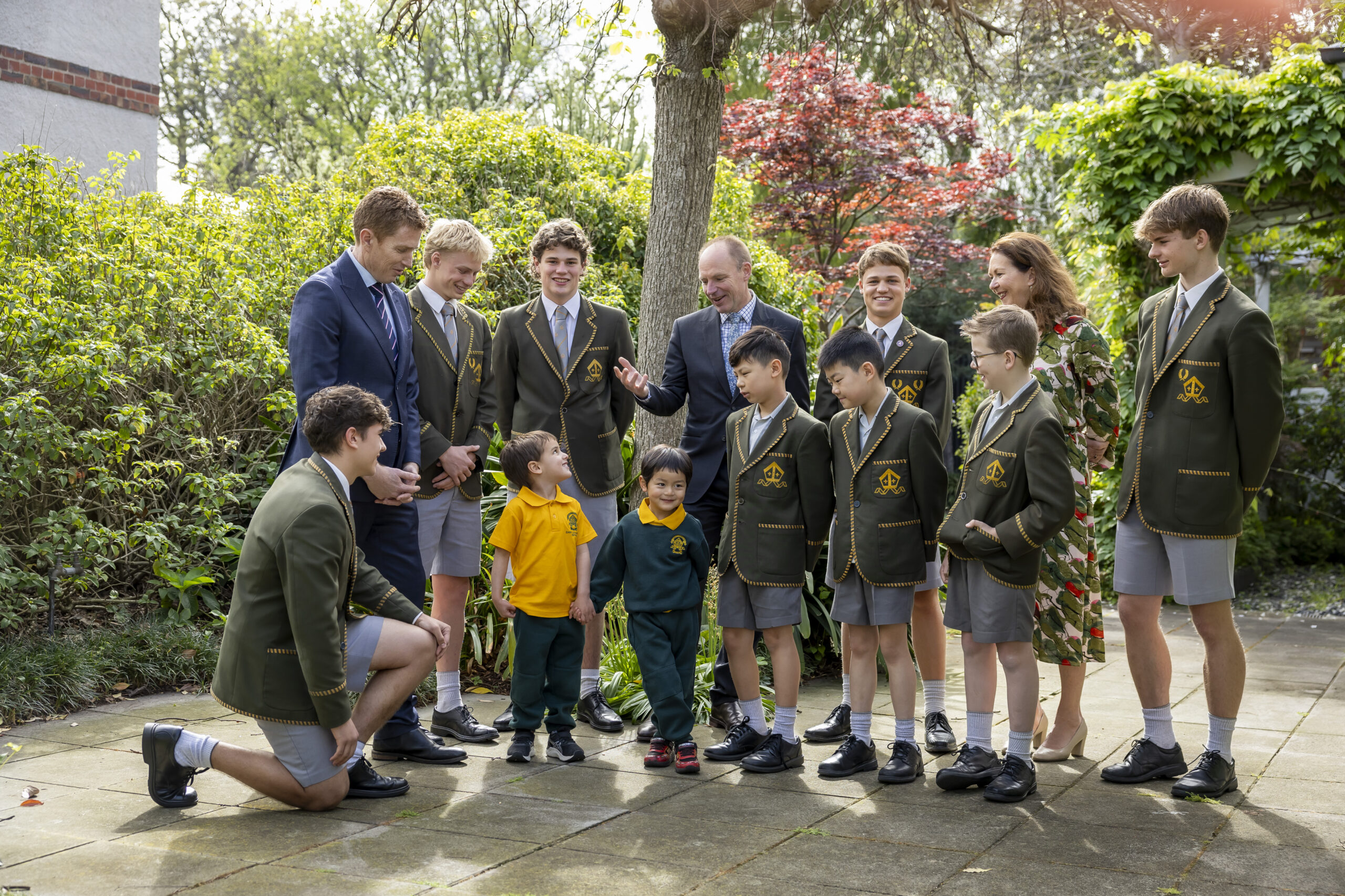
There’s a well understood idiom that goes; ‘boys will be boys’.
It is a hackneyed line used to try and explain behaviour that might be odd, challenging, wrong or energetic. Indeed, the refrain has also been used as a lazy and convenient excuse for poor and gendered behaviour. It is often used as a broad characterisation about boys in general… and it is wrong.
Schools are not immune from imperfection, nor should they be. Schools should be places that encourage safe risk taking, encourage trial and error, and reflect the spirit of Thomas Edison’s famed, ‘Failure for success’ model. We learn from engaging with those things that are new to us, and we learn from and with others.
We have over 1,500 students at Trinity, and we have, for more that 120 years, been in the business of working with boys to help them develop, learn, grow and thrive.
One of my favourite photos from Trinity’s history is of a working party of Senior School students in 1968. In uniform (!) the group is chopping wood which would then be delivered to senior citizens in need in the local area.
It is a palpable expression of community, of contributing to the greater good and of service. Whereas we do not give our students axes to wield in this era, they are similarly effective in serving others to their student forebears, but more likely with BBQ tongs in hand, or homework books for underprivileged local, immigrant children.
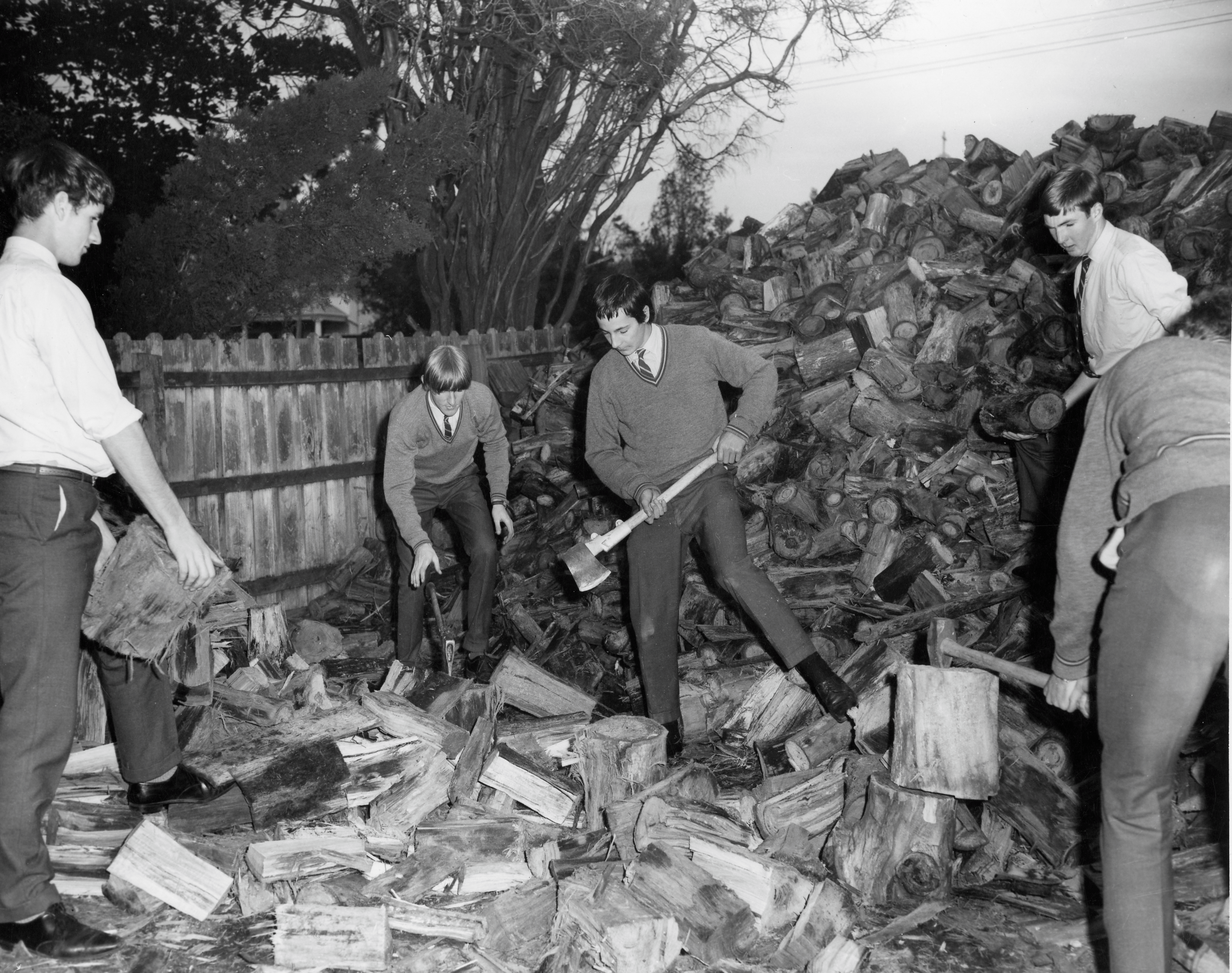

The ‘boys will be boys’ idiom counters the fabric of what we have the privilege to do –influence emerging men to contribute positively to society – and it fundamentally ignores a key piece of our purpose, which is to ensure that our students can be the best version of themselves. It is logical that if they are the best version of themselves, they are not anyone else.
We have the privilege of working with our students for 40 weeks every year. We have access to their attention, we are able to ignite their passions and we have opportunities to help influence them in their daily work. What we see is a rich tapestry of difference that exists among them.
There are things that bind them, including a strong sense of belonging to their school, but more starkly, there are things that differentiate them. There are those things which make them, them. Whether it is a penchant for performing, a thirst for contest, a predilection for Pythagoras or a willingness to help out the less fortunate, we see it all.
We look to be a place where our boys can make mistakes, learn, thrive, fumble, regain their steps and look out for others. We aim to allow our students to see a future version of themselves through the current opportunities and learning, and sometimes failing, that they will inevitably experience.
We seek to provide partnerships and role-models that help influence and shape them, and we look to provide them with the self-determination needed to grow into themselves.
This edition of the Grammarian speaks to the breadth of the student experience at Trinity. It describes so many different possibilities for our boys to, by simply being true to themselves, challenge the weak refrain, ‘boys will be boys’.

